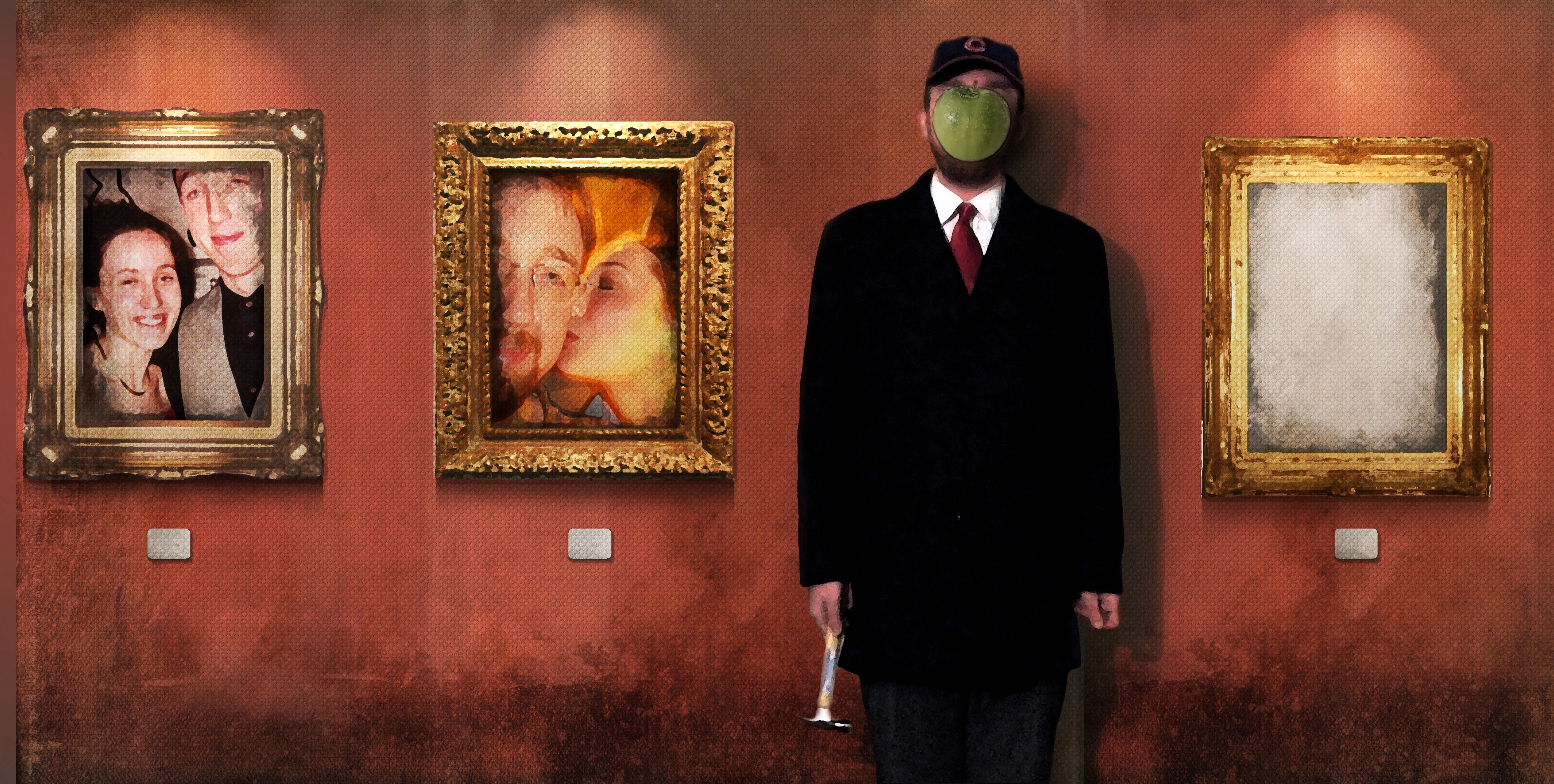A quick rundown of one of my most pernicious creative traps.
I have lost count of the number of times I?ve come to understand something about myself through a piece of entertainment. Collateral is a surprisingly thoughtful and intimate action movie about a hitman, played by Tom Cruise, being driven from job to job in a single evening by a captive cab driver, played by Jamie Foxx. Before they meet we see that Foxx is clearly in the stream of life. His preparation for the day is methodical, familiar, and perpetual. When the job gets difficult, he folds down his visor to look at a postcard of an island paradise. Between rides, he fawns over a catalog for a Lincoln Town Car and dreams of starting his own limo business. Limos, he tells everyone, are what he?s really up to. This cab thing is just until he gets the money together. As the movie approaches its climax, and the two men strike at each other?s character, Tom Cruise hits Foxx with a hard truth.
Collateral: Relevant bit begins at 3:18
After college, when people asked me ?what I did? I would tell them I?m a video creator. A storyteller. But right now I?m working this job until she graduates ? Until we get the money together to move to California ? Until I can buy a camera ? Until I can get a good editing suite ? Until I live in a place with collaborators. I remember the moment when this illusion I?d been using to fend off reality finally collapsed. I was working in telephone tech support, the most soul-sucking job I?d ever had. I had just been called a worthless idiot because I couldn?t get a disembodied voice into his meeting. I put my head on my desk, and it occurred to me, I hadn?t made a video in six years. And the only story I?d told in all that time was the one I kept repeating to myself. And I thought, maybe this is all I really am.
A creation is a marker dropped in the stream of time, and the longer we go without dropping the next, the less meaningful that marker becomes. As the unyielding grip of each passing day dragged me farther from the things I?d made in college, am eventually became was. A writer writes. A painter paints. And at that moment, with my head on the desk, I understood for the first time that I was no longer a video creator. I had put off making anything new for long enough, using the same fallacy over and over and over again.
I can?t do X until I have Y. Once I have the (gym membership, tablet, camera, laptop, time), then I?ll be able to (workout, paint more, work on my photography, write, be happy.) That is the Toolbox Fallacy, and it has been one of the most persistent, tick-like, ever-present, lies to myself I?ve ever distinguished, infesting a wide variety of aspirations. Health. Love. Creativity. And the Toolbox Fallacy often hides in plain sight because, as with any good self-deception, it only works because there are certain circumstances when it?s actually true. It wouldn?t be so damn sticky if it were never valid.
Here are some helpful examples:
I can?t fly without a plane. ? True.I can?t cook without heat. ? True.I can?t drive without a license. ? That?s not true, but it is good advice.
Worse, often I found once I had the tool I was coveting, things still didn?t change. The new camera languished on the shelf. The computer became an instrument for gaming only. The Fitbit became a measure of all the steps I wasn?t taking during the day.
The hard truth is that the lack of these things wasn?t actually what was wrong. Having a hammer is not what makes you a carpenter. USING a hammer is what does. A writer writes, be it with laptop, pen, crayon, or haiku carved in the sand with a branch. My Dad played the piano his whole life. When the family would take vacations, and there wasn?t an instrument in sight, I would sometimes catch him pounding a concerto out onto a table top, the notes echoing in his mind.
 ?Having a hammer does not make you a carpenter.?
?Having a hammer does not make you a carpenter.?
See, the fallacy?s reason for being is to distract from the real problem, which is in all cases some manifestation of failure fear. When you realize you haven?t been to the gym in a month and just ordered takeout for the third day in a row. When your characters have jumped the shark, and you don?t know how to write them back to where they should be. When you can?t stand the video you just made, feel like an utter and complete fraud, and don?t want to publish. When they leave. When they stop texting you back.
As kids we were fearless. We drew horses in our notebooks that looked to adults like fornicating, haunted trees all bent over and stuck together. We told stories that lacked an adequate climax, barely met the requirements to be classified as English, and our protagonist?s motivation was completely hazy but who cares because do you realize the story had a GIANT LASER in it? That thing was HUGE. We didn?t care. Expression was bursting from our hearts and fingertips. And then somewhere on the road to adulthood, we were taught to demonize our mistakes.
Maybe we never really change. In his Kenyon College commencement speech, David Foster Wallace suggested that the real value of an education is self-awareness. The ability to see our already-always-automatic ways of living our lives. Being the grump in traffic. The why-me at the DMV. And, for me, the Toolbox Fallacy. Wallace admitted that self-awareness doesn?t make those things go away, but it does give you the freedom to choose another way of being. And with every step in a different direction, you feel the gravity from those automatic ways of being, less and less.
This is the first video I made, seven years after college. I recorded it using my computer?s built-in microphone and edited it using software that came preinstalled. Most of the clips are not mine. But the composition, is. A writer writes. This is still one of the videos I am the proudest of.
I am a high-functioning neurotic. Much of my life has been dedicated to learning to manage my own fear of failing, and I have only ever found two things that work for me. First is to expect failure?s inevitable visitation, as opposed to fearing it. Second is to remind myself from time to time, that a lifetime spent failing would still be a life better lived than the one in which I never got started.


